 Arlo Guthrie: The Warner/Reprise Years
Arlo Guthrie: The Warner/Reprise Years
Hank Reineke
(Scarecrow Press, Inc.)
Rating: 4 out of 5 stars
Videos by American Songwriter
Arlo Guthrie doesn’t get a fair shake when discussing singer-songwriter records of the 1960s and 1970s. Maybe it’s because of his aw-shucks charm or his famous father’s shadow or because the world met him through an 18 minute rag about garbage that shares a holiday with the Macy’s Day Parade. His name, when mentioned, mostly keeps the company of sixties leftover, leftists. Not that Guthrie belongs in conversations on heavy song poets like Kris Kristofferson or, the less colloquial, Leonard Cohen. Even when Arlo is silly, which is often, his humor never has Prine’s pathos or Jerry Jeff’s drunken jangle or Buffet’s postcard poetry. But that, we learn, was never the artist Guthrie wanted to be. Even at an early age, he had his own topical and comical, down-home prosody.
In Hank Reineke’s book, Arlo Guthrie: The Warner/Reprise Years, he pulls together a narrative from extensive source materials that tracks Arlo Guthrie during his most prolific period as a songwriter, performer, traveller, and activist of enormous skill. The book keeps pace with 11 studios albums, 2 live albums, and constant touring over the course of 15 years.
Released when Guthrie was 20, the title track to the album Alice’s Restaurant on Reprise fills the grooves on the whole of side one. From there, Guthrie went on to make almost an album per year, the most artistically successful of which were Running Down the Road, Washington County, Hobo’s Lullaby, and Last of the Brooklyn Cowboys. Collaborators on these records include Jesse Ed Davis, Van Dyke Parks, Ry Cooder, Jim Keltner, Chris Ethridge, Jim Dickinson, Doug Dillard, Spooner Oldham, Linda Ronstandt, and Clarence White. The number of Guthrie’s own compositions decreased during this time. he favored tunes by the likes of his dad, Dylan, Hoyt Axton, and Steve Goodman’s “City of New Orleans”. Though these records make a strong case for Guthrie creating some of the best country infused albums of the period, his sense of rural is never as cosmic as Parsons or Nesmith (meaning: there’s no fuzz on the guitar and even when he sang about drugs he never sounded like he was on them). Reineke uses incredibly well-detailed performance notes to inform us of Guthrie’s commitment to humanitarian and environmental goals often at odds with selling records. He’s portrayed as an artist more concerned with living up to his own expectations than trying to re-invent himself from album to album.
As Guthrie neared age 30 and the counterculture became more concerned with partying than politics, he chose to perform in smaller venues better suited to his music’s mood and message. He assembled his own band, Shenandoah, spent more time with his family, recorded a live album with Pete Seeger, and remained politically active. The 1976 release of Amigo, which Reineke rightly points out as his best, saw minor sales despite the record hosting a trio of Guthrie’s best self-penned songs and, for that matter, the best of the decade: “Darkest Hour”, “Massachusetts”, and “Victor Jara”. As calendar pages neared the 1980s, Guthrie, like Dylan, took his God into the studio. The albums, Outlasting the Blues and Power of Love, are more sophisticated in their spirituality than Dylan’s fire and brimstone and signaled the end of his relationship, which he began as a teenager, with Warner/ Reprise.
Reineke is smart in not trying to re-contextualize Arlo Guthrie artistically or renegotiating his place in music history. Instead, he provides a thorough companion to a canon of under-appreciated records that are playful, thoughtful and wise. The Warner/Reprise Years does a nice job of reminding us that there’s a lot more going on in Arlo Guthrie’s work than just littering.
* * *
Jerry David DeCicca is the singer/songwriter for the Black Swans and producer of albums by legendary songwriters Larry Jon Wilson (Monument Records/ Heartworn Highways) and Ed Askew (ESP-Disk). He is currently working on a collection of essays about his visits with obscure singer-songwriters from the 1960s and 1970s. His debut solo album, Understanding Land, will be released in March 2013. It includes guests Will Oldham, Kelley Deal, and Spooner Oldham.







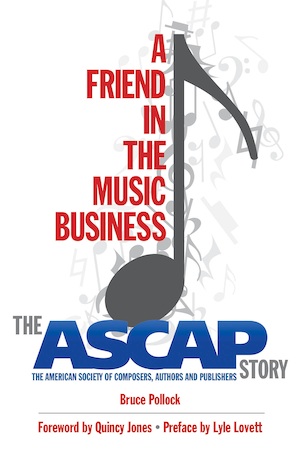
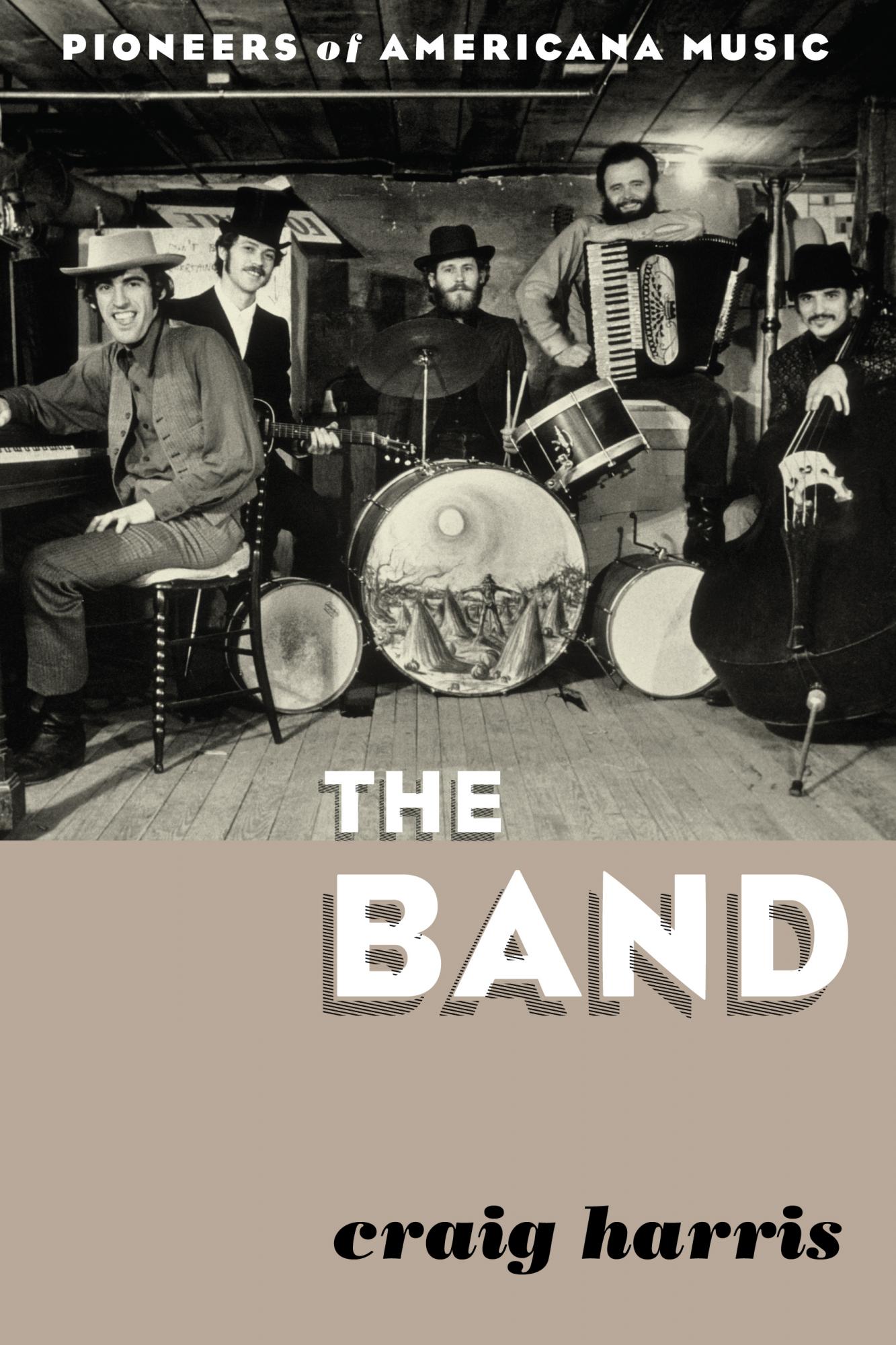
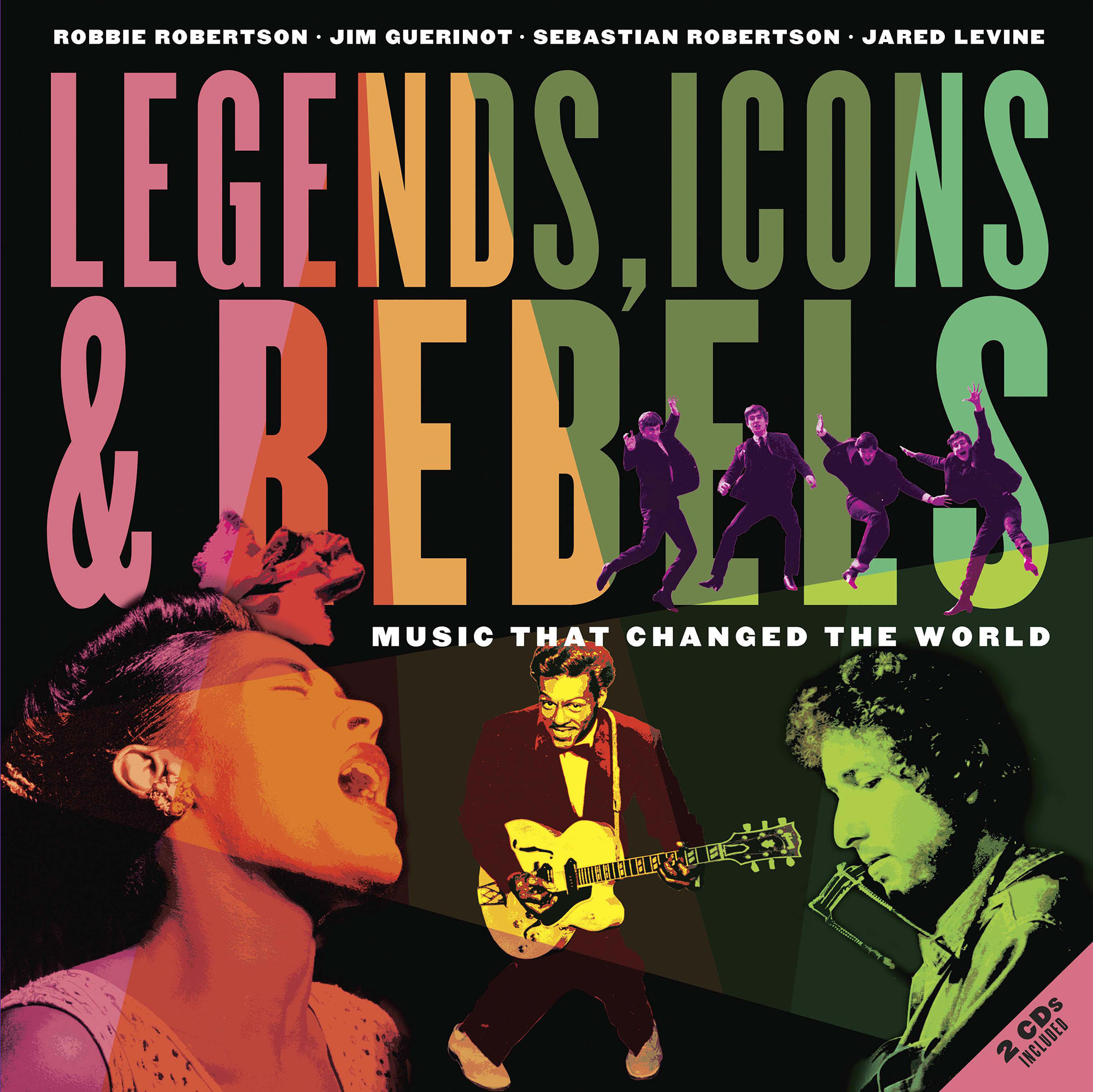

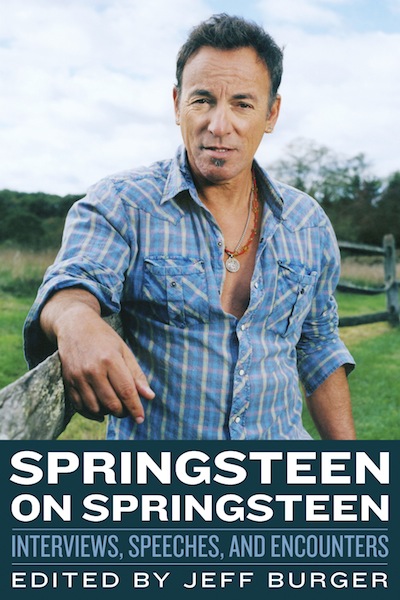
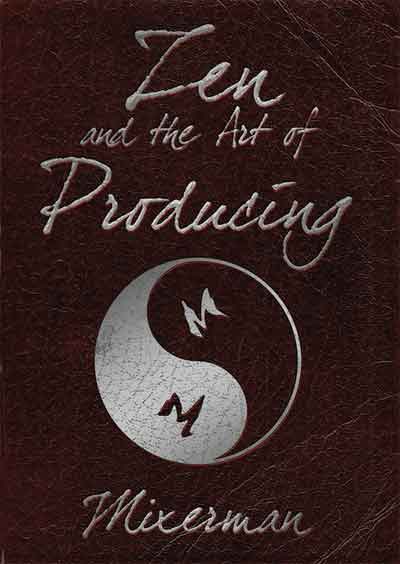
Leave a Reply
Only members can comment. Become a member. Already a member? Log in.